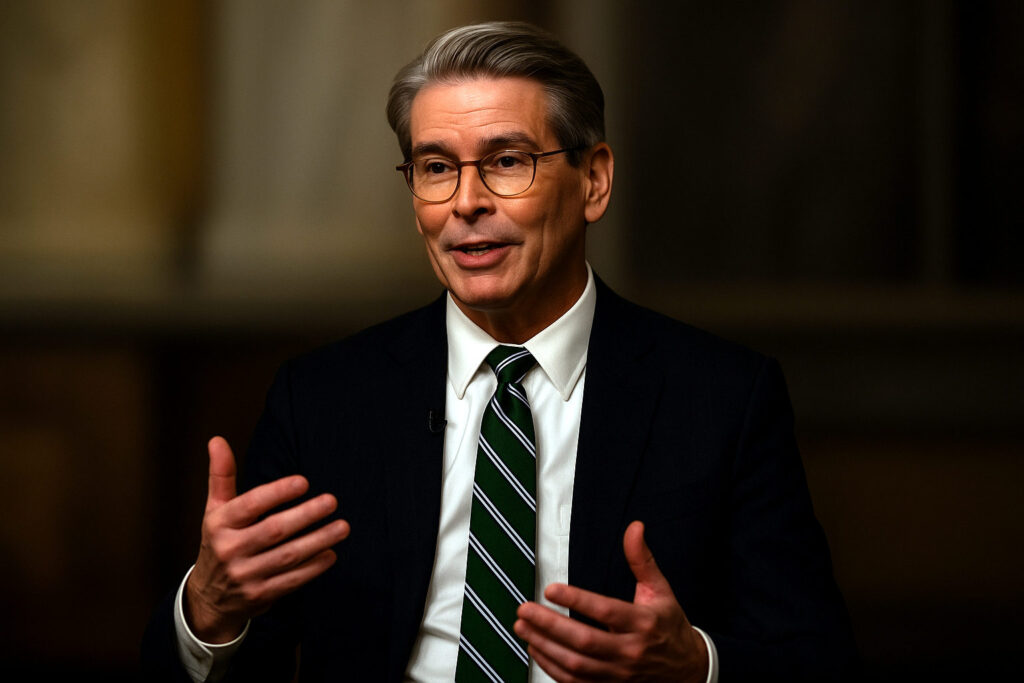 Converting the Qatari-owned Boeing 747-8 into a functional Air Force One is projected to cost between $500 million and $1 billion, with the process potentially extending over several years. Although the aircraft itself is being offered as a gift, the substantial expenses associated with retrofitting it to meet presidential standards would fall on U.S. taxpayers.
Converting the Qatari-owned Boeing 747-8 into a functional Air Force One is projected to cost between $500 million and $1 billion, with the process potentially extending over several years. Although the aircraft itself is being offered as a gift, the substantial expenses associated with retrofitting it to meet presidential standards would fall on U.S. taxpayers.
Breakdown of Estimated Costs
The aircraft in question, previously registered as A7-HBJ and now P4-HBJ, was originally delivered to Qatar’s royal family in 2012 and is valued at approximately $400 million. Despite its luxurious interior, transforming it into an Air Force One entails extensive modifications, including:
- Secure Communications Systems: Installation of advanced, encrypted communication equipment to ensure secure global connectivity.
- Self-Defense Mechanisms: Implementation of missile defense systems and other protective measures.
- Electromagnetic Shielding: Enhancements to protect against electromagnetic pulses (EMPs).
- Medical Facilities: Establishment of onboard medical suites for emergency situations.
- Comprehensive Security Audits: Thorough inspections to detect and eliminate any potential surveillance devices or security vulnerabilities.
Experts indicate that these upgrades could cost hundreds of millions of dollars and require several years to complete. This timeline suggests that the aircraft might not be ready for presidential use until after 2028, potentially limiting its service during the current administration.
Legal and Ethical Considerations
The acceptance of such a significant gift from a foreign government raises legal and ethical questions, particularly concerning the U.S. Constitution’s Emoluments Clause, which prohibits federal officials from receiving gifts from foreign states without congressional approval. While the Trump administration asserts that the plane is a gift to the Department of Defense and plans to transfer it to the Trump Presidential Library post-presidency, critics argue that this arrangement could still pose constitutional challenges.
Summary
While the Qatari Boeing 747-8 is being presented as a generous gift, the financial and temporal costs associated with converting it into a secure and fully functional Air Force One are substantial. These factors, combined with legal and ethical concerns, contribute to the controversy surrounding the proposed acceptance and use of the aircraft.
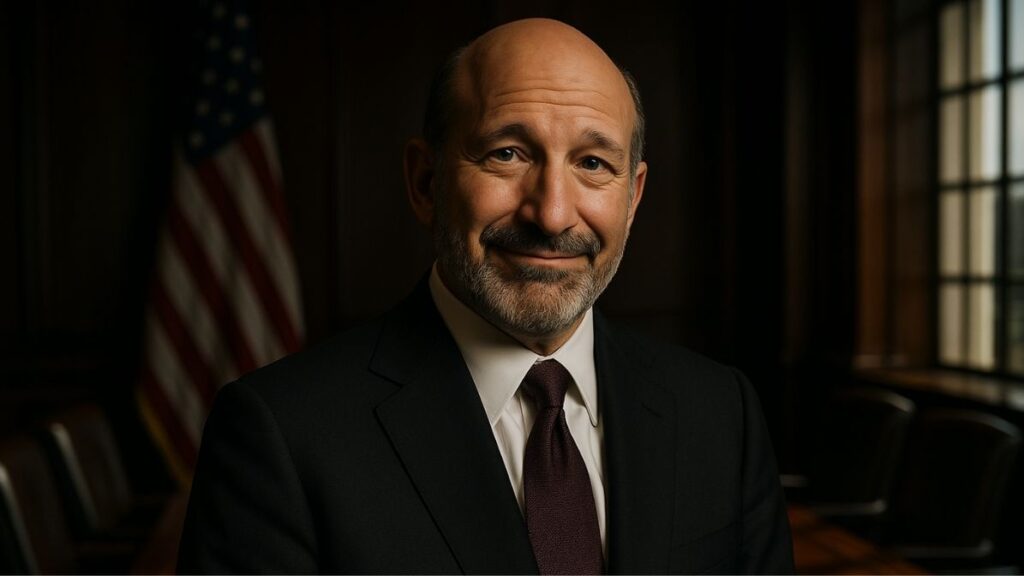
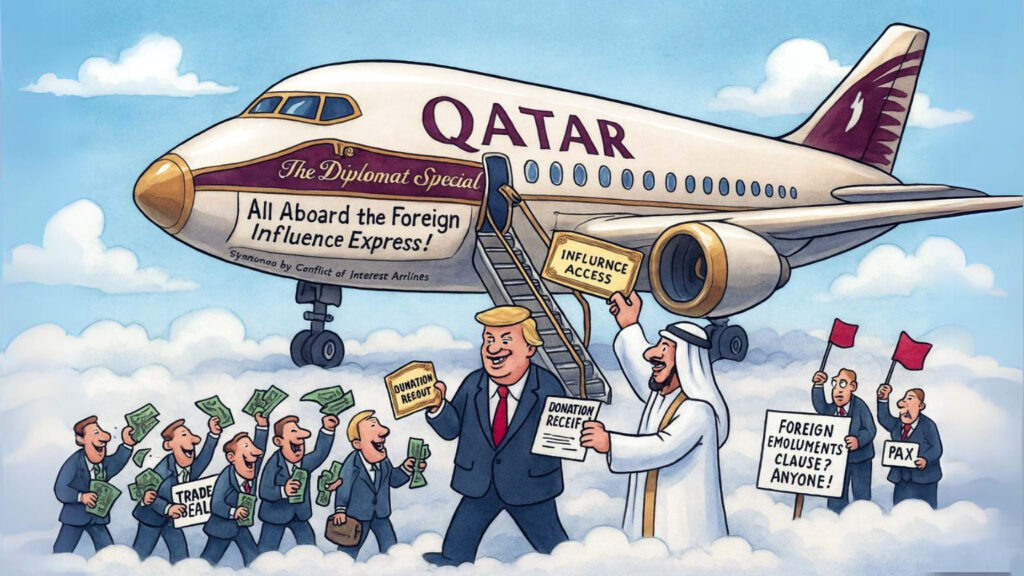
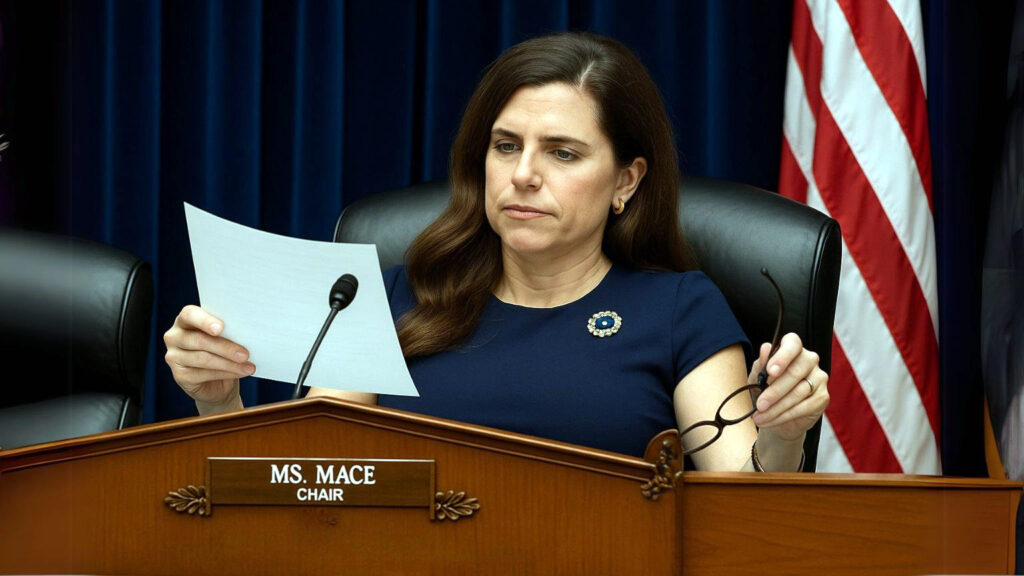
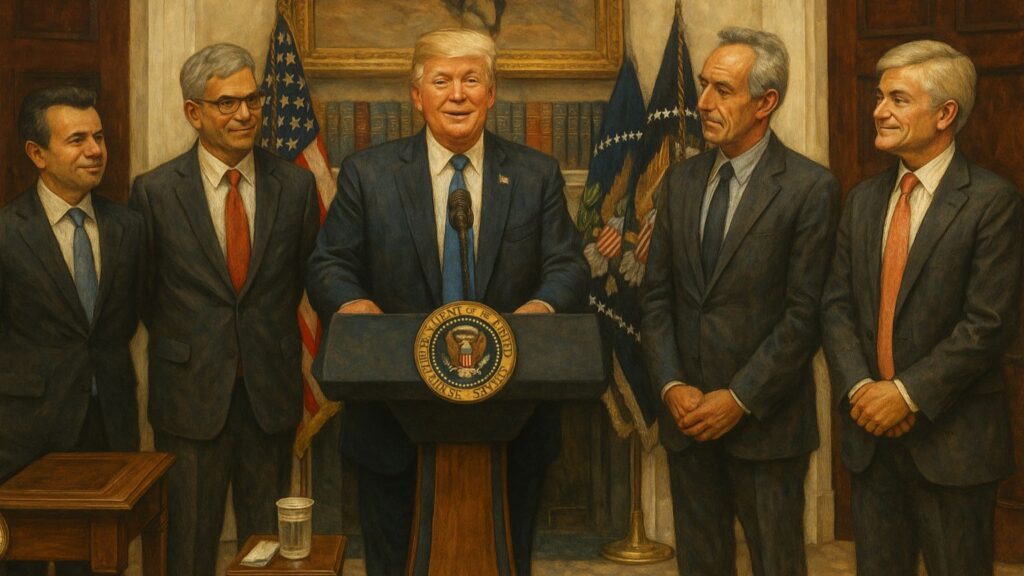 On May 12, with RFK Jr and Dr Oz, Donald Trump held a press conference on his executive order for lowering prescription drug costs.
On May 12, with RFK Jr and Dr Oz, Donald Trump held a press conference on his executive order for lowering prescription drug costs. Last month, Representative Nancy Mace got into an expletive laden argument with one her constituent in a store after he asked her if she was going to have a town hall any time soon.
Last month, Representative Nancy Mace got into an expletive laden argument with one her constituent in a store after he asked her if she was going to have a town hall any time soon.
 J.D. Vance is a name that, depending on who you ask, evokes either admiration or disdain. Born into Appalachian poverty, he clawed his way out, penning the bestselling memoir Hillbilly Elegy that catapulted him to literary fame and political relevance. But the story of J.D. Vance is not just one of grit and determination—it’s also one of reinvention and calculation. How did a man who once compared Donald Trump to Hitler end up as Trump’s vice president? And what does that say about him?
J.D. Vance is a name that, depending on who you ask, evokes either admiration or disdain. Born into Appalachian poverty, he clawed his way out, penning the bestselling memoir Hillbilly Elegy that catapulted him to literary fame and political relevance. But the story of J.D. Vance is not just one of grit and determination—it’s also one of reinvention and calculation. How did a man who once compared Donald Trump to Hitler end up as Trump’s vice president? And what does that say about him?
